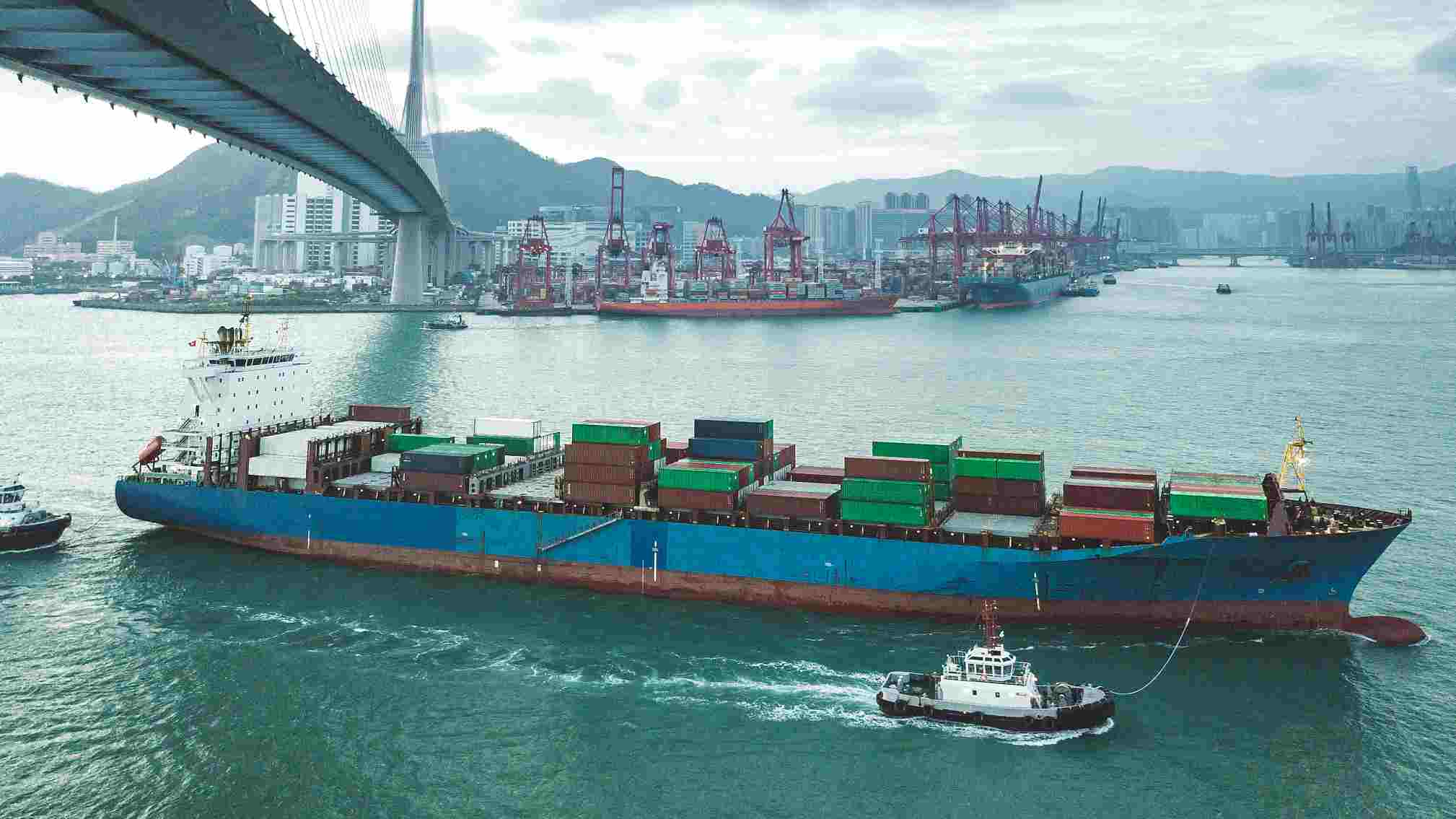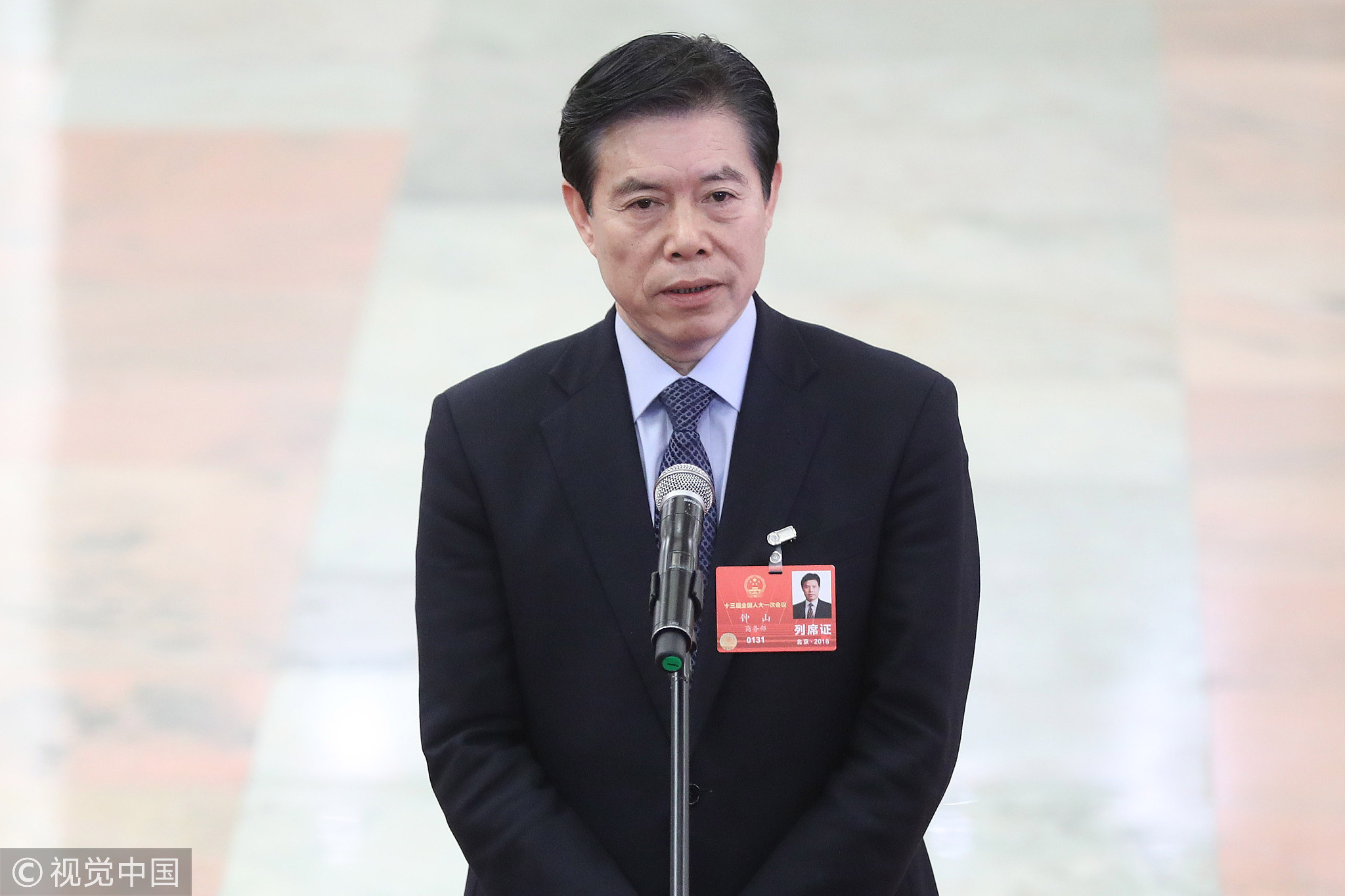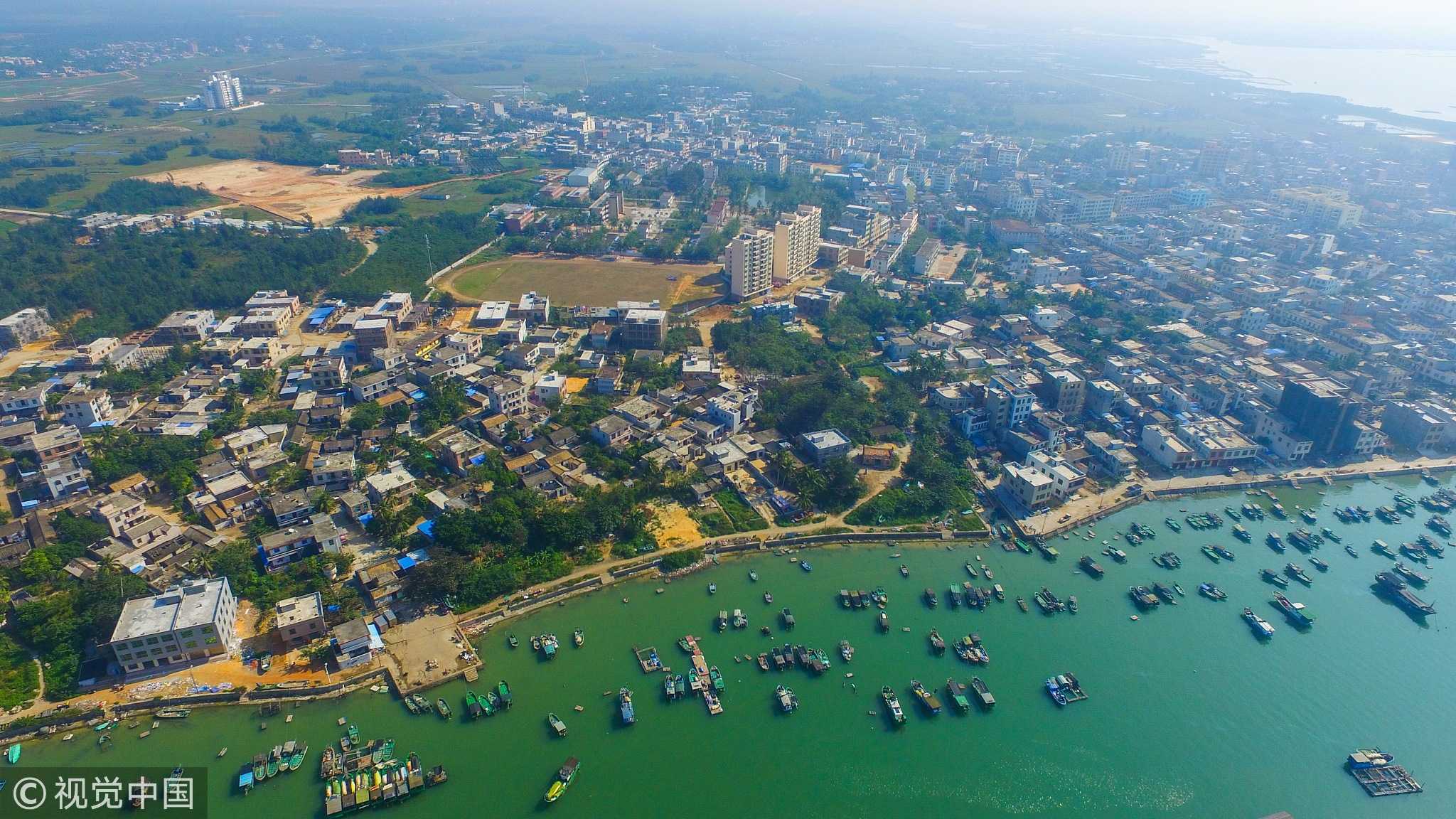
Business
07:59, 13-Jan-2019
China's efforts to encourage foreign investment in 2019
Updated
07:56, 16-Jan-2019
CGTN

China will continue its efforts to widen market access for foreign investment and build a better business environment, Minister of Commerce Zhong Shan said on Friday.
Measures will be taken to shorten negative lists for foreign investors adopted in pilot free trade zones (FTZs) nationwide, and wholly-foreign ownership will be allowed in more sectors, Zhong said in an interview on Friday.
China will press ahead with opening-up in the service sector, and encourage foreign investment in manufacturing and high-tech industries, and in central and western regions, Zhong said, adding that governments will help foreign companies address difficulties in investing in China.
To provide a favorable environment, the ministry will push for the foreign investment law and improve governments' handling of complaints from foreign businesses, Zhong said.
As a major investment destination in the world, China maintained stable growth in foreign direct investment (FDI) against a gloomy global climate. Its FDI went up three percent year-on-year to 135 billion U.S. dollars last year, while that of the world's total and developed countries slumped 41 percent and 69 percent, respectively, in the first half of 2018.

Zhong Shan, China's Minister of Commerce, March 5, 2018. /VCG Photo
Zhong Shan, China's Minister of Commerce, March 5, 2018. /VCG Photo
The World Bank has raised China by 32 places in terms of business environment, and 95 percent of companies surveyed by the U.S.-China Business Council said they would increase investment or maintain the existing presence in China in the coming year.
To be the largest country of goods consumption
"The Chinese market has huge potential and sound prospects," Zhong said. China's goods consumption is expected to gain 9.1 percent from a year ago in 2018 to 38 trillion yuan (5.6 trillion U.S. dollars), serving as the biggest growth driver for five consecutive years.
"China is steadily marching toward the largest country of goods consumption," Zhong said.
The ministry will further stimulate domestic consumption this year, with measures to promote urban consumption upgrades, tap into the potential in rural areas, foster modern supply chains, and bolster services consumption.
China's foreign trade also remained steady, with the total imports and exports up 14.8 percent to stand at 4.2 trillion U.S. dollars in the first 11 months, hitting a new high. The services trade increased 15 percent from a year ago to 656.2 billion U.S. dollars in the first 10 months, the world's second largest.

The Haikou Jiangdong New District, a pilot zone of Hainan free trade zone. /VCG Photo
The Haikou Jiangdong New District, a pilot zone of Hainan free trade zone. /VCG Photo
Zhong listed three major tasks of the ministry in 2019: holding the second import expo, properly handling trade frictions with the United States, and pushing forward pilot FTZs and the Hainan free trade port.
The ministry will implement the consensus reached between Chinese and U.S. heads of states, propel economic and trade negotiations, and expand cooperation with U.S. states and cities, businesses and non-governmental institutions in a bid to promote stable China-U.S. economic ties and win-win cooperation.
Source(s): Xinhua News Agency

SITEMAP
Copyright © 2018 CGTN. Beijing ICP prepared NO.16065310-3
Copyright © 2018 CGTN. Beijing ICP prepared NO.16065310-3